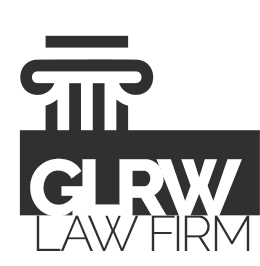
21 Apr Removing Unwanted Occupants in New Jersey
Under New Jersey law, if you have unwanted occupants in a property you own, even squatters, removing
them is not as simple as changing the locks and throwing their items on the curb. Whenever you have
unwanted occupants in your property, other than lawful tenants who are there pursuant to a lease
agreement, they must be removed through a legal process known as an Ejectment, governed by N.J.S.A.
2A:35-1, et seq. If the squatter has been in your property for a relatively brief period of time, you may be
able to have him removed by the police for trespassing. More often than not, though, if the squatter has
established any possessory claim to the property, which can be as simple as having slept there for a few
nights, the police will not remove the squatter, and instead, advise that you file an Ejectment.
This principle applies in New Jersey to every unwanted occupant other than a tenant, from an adult family
member you allowed to live with you temporarily, to unknown squatters living in a property you just
purchased. In every instance, if you want the occupant removed, you must follow proper legal procedures.
Before filing anything with the Court, you should send the occupant a Notice to Vacate letter giving him
the opportunity to vacate the property voluntarily before you file a Complaint. We recommend giving the
occupant at least seven (7) days to vacate before you take further legal action. If the occupant has
remained in possession after that deadline, you can then commence the Ejectment action by filing an
Order to Show Cause with the county Superior Court, supported by a verified complaint stating that you
own the property, that the occupant lives there without your permission, and that you wish for him to
leave. After filing the Order to Show Cause, the Court will set a hearing date, which the owner must
appear for. At court, the Judge will grant the owner the right to retake possession of the property and
permit her to file for a Writ of Possession, which must then be served by the County Sheriff. Thereafter,
the Sheriff schedules a formal lockout, at which time the occupant’s legal right to possession is officially
terminated, and the owner is free to change the locks and retake full possession of the property.
Unlike Evictions in Landlord-Tenant Court, Ejectments apply to all other persons who really have no
remaining legal right to live at a property. Nonetheless, New Jersey Eviction law is so strict that if an
owner tries to remove an occupant without going through the Ejectment process, the occupant is entitled
to bring suit against the owner for an illegal lockout. In such cases, either the Judge will order that the
occupant can move back into the property, or the Judge will award the occupant triple her damages, plus
attorneys fees and costs of suit, pursuant to N.J.S.A. 2A:39-8.
If you are a landlord or a tenant with questions about New Jersey Eviction or Ejectment law, it is
always in your best interest to speak with a qualified, experienced attorney who will advise you
accurately on the law before taking any action. Otherwise, even if you believe you are acting
fairly, you can be exposed to significant penalties for failure to follow the letter of the law.
Please contact Weishoff and Richards, LLC at (609) 267-1301 or here on our form to set up a
consultation today. Our attorneys have years of experience handling New Jersey landlord-tenant
matters, Evictions and Ejectments of all types, and are happy to provide specific, honest legal
advice about your matter. We are happy to discuss any issues which you may be facing.



Sorry, the comment form is closed at this time.